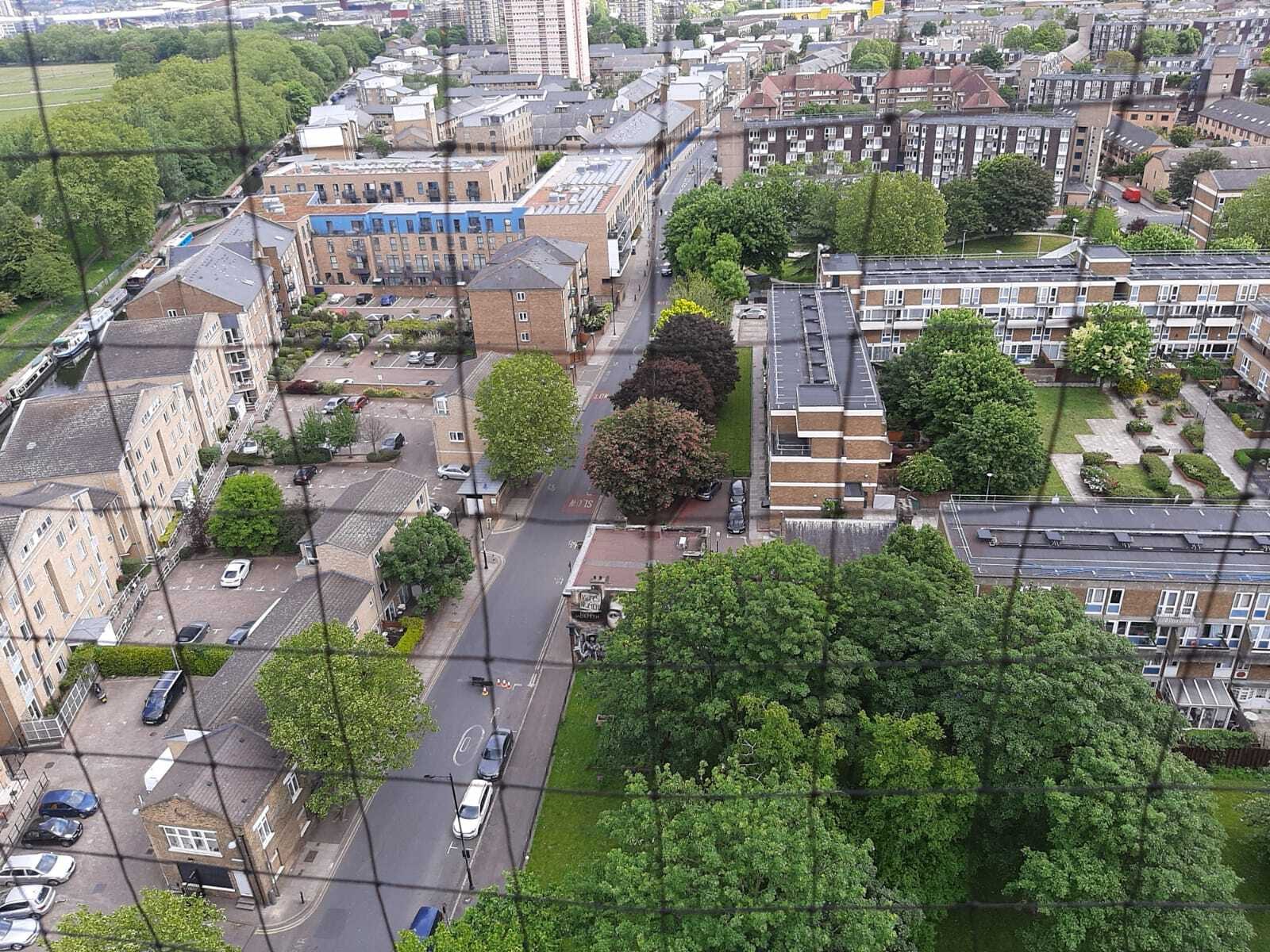
The study, by The Health Foundation, reveals that a 60-year-old woman from one of the most disadvantaged places in England has the same level of ‘diagnosed illness’ as a 76-year-old woman in one of the most affluent ones.
The Health Foundation, who the Trust works with closely on its health inequalities work, found a smaller but still stark ten-year gap in the same health outcomes for men. The analysis was carried out on NHS data – including linked hospital and primary care data – to examine how common long-term illnesses are in different socioeconomic, regional and ethnic groups.
In particular, people living in disadvantaged neighbourhoods are more than 50% likelier to experience diabetes, cardiovascular disease, a variety of lung conditions, chronic pain, mental health conditions, depression and anxiety.
The Health Foundation’s findings highlight significant ethnic disparities in diagnosed illness. People from Pakistani, Bangladeshi and black Caribbean backgrounds are found to have higher levels of long-term illness than the white population. This includes chronic pain, diabetes and cardiovascular disease.
The Health Foundation analysis also showed that people living in the North East and North West have the highest health care needs due to long-term illness.
Children and young people in areas experiencing disadvantage (the under 20s) are also much more likely to be living with conditions including asthma, epilepsy, and to experience alcohol problems, while people in their 20s see diagnosed chronic pain, alcohol problems and anxiety and depression.
There are two key markers that demonstrate health inequalities – life expectancy and healthy life expectancy. At People’s Health Trust, we address this by tackling the socio-economic factors behind this inequality because they play a bigger part in people’s physical and mental health than their own behaviour. Many of our funded partners are led by and working with Black, Asian and minority ethnic community groups to improve health. This could be in many different ways from helping to improve employability and life skills to helping grow social connections and improve wellbeing.
In Sunderland, for example, the African Caribbean Community Association support residents who might have previously faced discrimination to build their confidence and take this positivity into job interviews.
The Health Foundation’s report adds to a body of evidence that underlines just how ingrained these inequalities are in our society, which were made worse by the Covid-19 pandemic and now the cost-of-living crisis. Urgent intervention is needed to narrow these avoidable gaps, otherwise people from disadvantaged areas will continue to get ill earlier and die younger.
